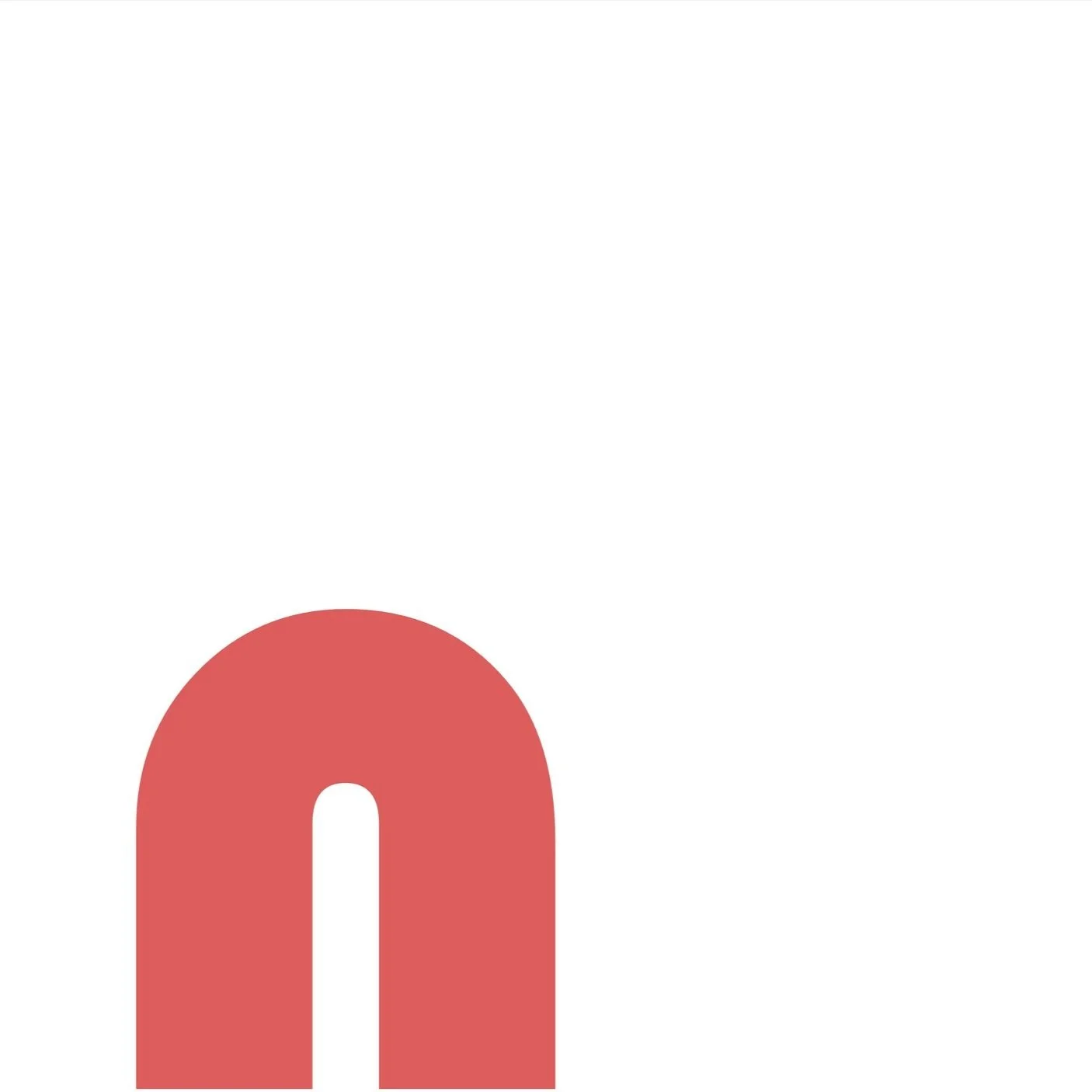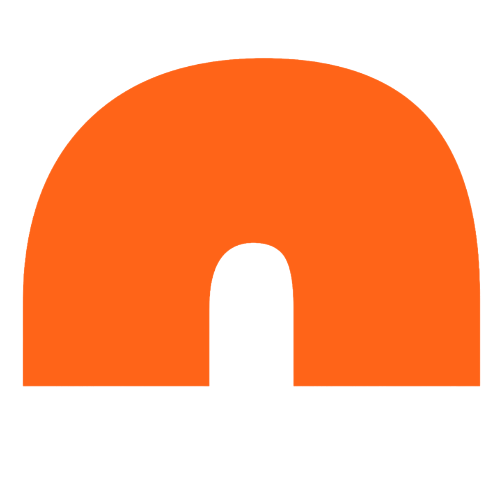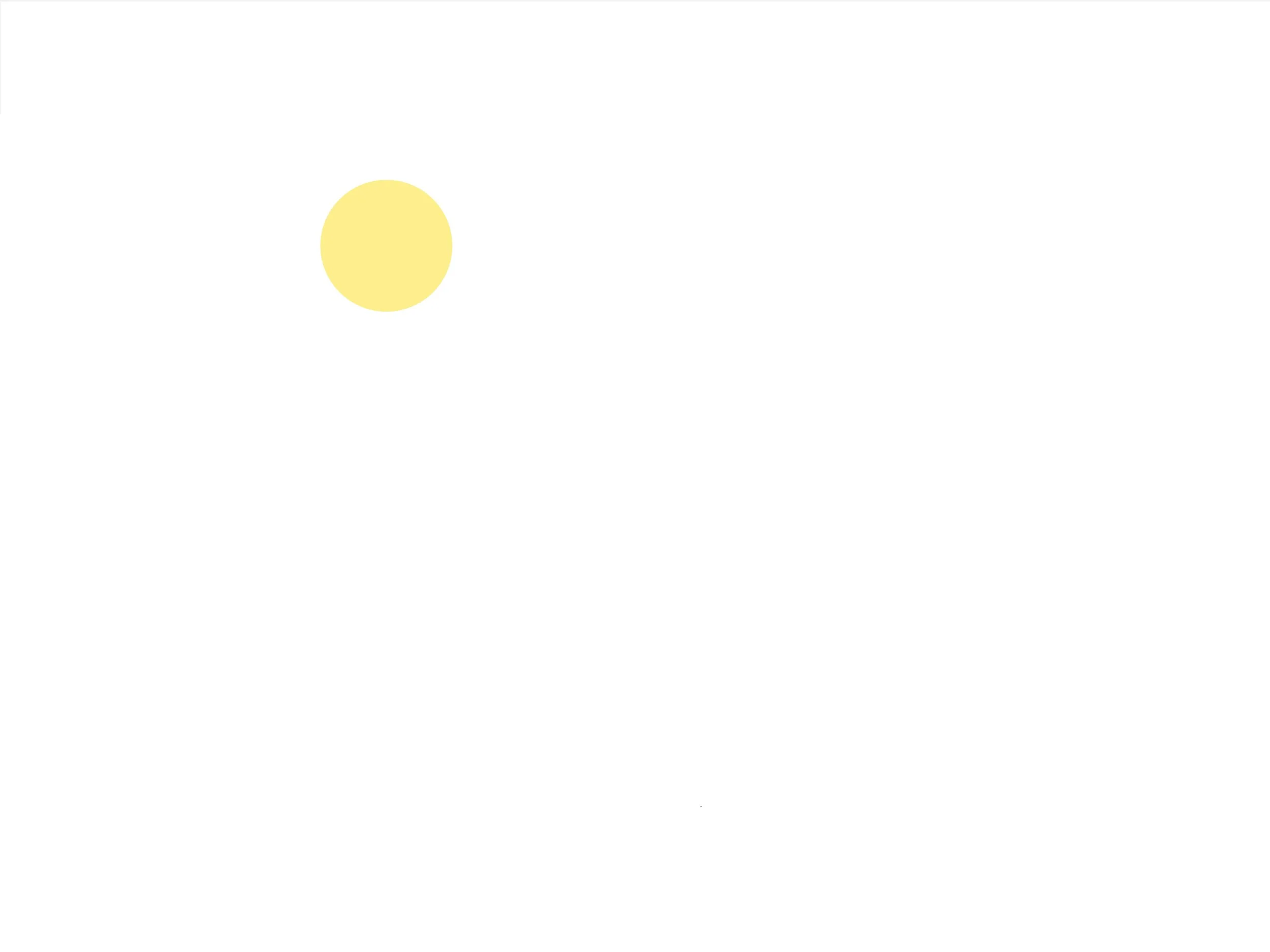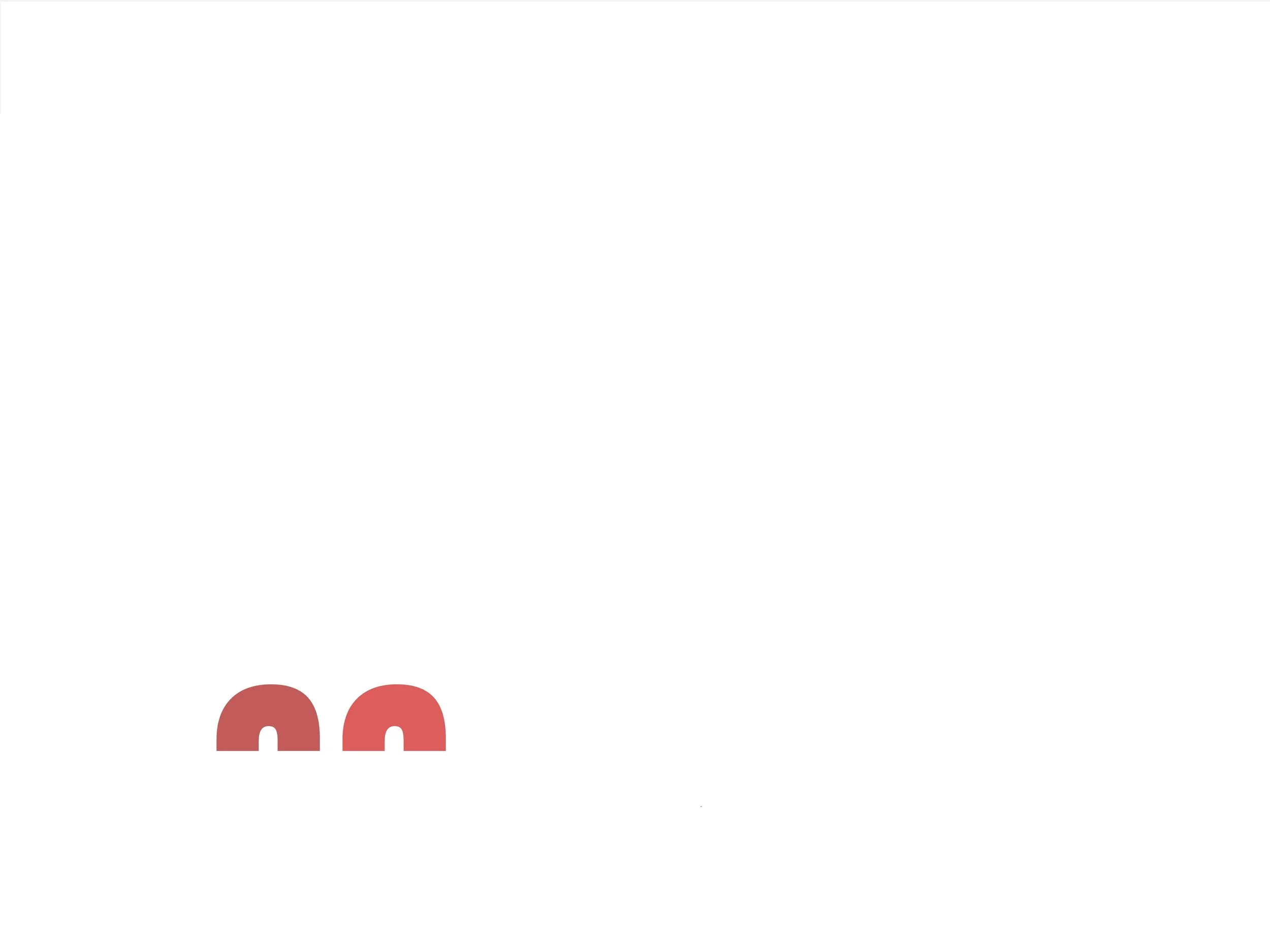About Naomi.
With over two decades of experience, I bring a unique, multidisciplinary approach to accessibility and neurodiversity consulting. My journey began with a PhD in Education, where I focused on learning, motivation, and self-efficacy—exploring the connections between identity, inclusion, and personal growth. This research continues to shape my evidence-based strategies, enabling clients to foster environments that are inclusive, empathetic, and accessible.
As the founder of Access Archer, I collaborate with organisations, families, and individuals to make accessibility an intuitive and integral part of life and work. My work blends academic insight with practical tools, drawing on frameworks like Universal Design for Learning (UDL) and the Social Model of Disability. I guide clients in navigating policies like the European Accessibility Act while creating environments that prioritise empathy, self-acceptance, and belonging.
My commitment to inclusive education is evident in my teaching portfolio, which spans international contexts and diverse disciplines. From developing the Volitional Thinking Workbook at the Biennale College to teaching at DIS and designing specialised courses for neurodivergent learners, I bring a creative yet evidence-based approach to fostering inclusion.
Early in my career, I worked with children excluded from education, sparking my passion for making learning environments more accessible and inclusive. This passion also led to founding Rebelling Against Spelling Press (RASP), a publishing house dedicated to dyslexic writers. These experiences taught me that accessibility isn’t just a goal—it’s a creative process that reshapes how we think, connect, and innovate.
As a certified member of the International Association of Accessibility Professionals (IAAP), I stay at the forefront of global accessibility standards, bringing cutting-edge expertise, thought leadership, and a commitment to meaningful change to every project.
About Access Archer.
-

Why Neurodiversity Matters.
The ways people think, learn, and thrive are as diverse as the challenges they face—yet many systems remain rigid, unable to reflect this reality. I have seen firsthand how these barriers excluded individuals with incredible potential, stifling their growth and limiting opportunities for meaningful contribution. This experience shaped my commitment to creating spaces where everyone feels valued and supported.
Whether it’s guiding teams to design inclusive practices, helping families navigate education and support systems, or equipping individuals to recognise their strengths, my work is grounded in empathy and meaningful connection. Neurodiversity is not an obstacle to overcome—it is an opportunity to rethink what inclusion means, enriching our workplaces, communities, and relationships. When approached thoughtfully, inclusion becomes a catalyst for lasting change.
-

My Approach.
Accessibility is about crafting strategies that enable individuals and organisations to navigate complexity with confidence and clarity. My approach is both creative and precise, weaving empathy and innovation into solutions that make a tangible impact. By integrating frameworks like Universal Design for Learning (UDL), I apply inclusive principles that adapt seamlessly to diverse needs.
Using a maturity model, I assess current practices to identify strengths and opportunities, creating a clear roadmap for progress. I draw on frameworks such as Locke’s Goal-Setting Theory to inspire motivation and David Burns’ EAR Model to strengthen communication. This multidimensional approach ensures that accessibility becomes a natural part of culture—supporting individuals to advocate for their needs and fostering inclusive environments that drive collective success.
Experience and Expertise in Neurodiversity







